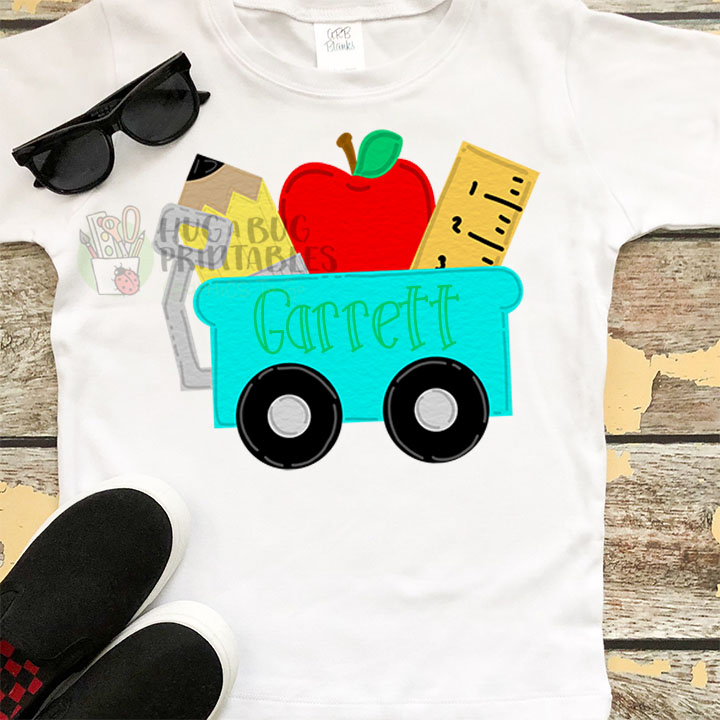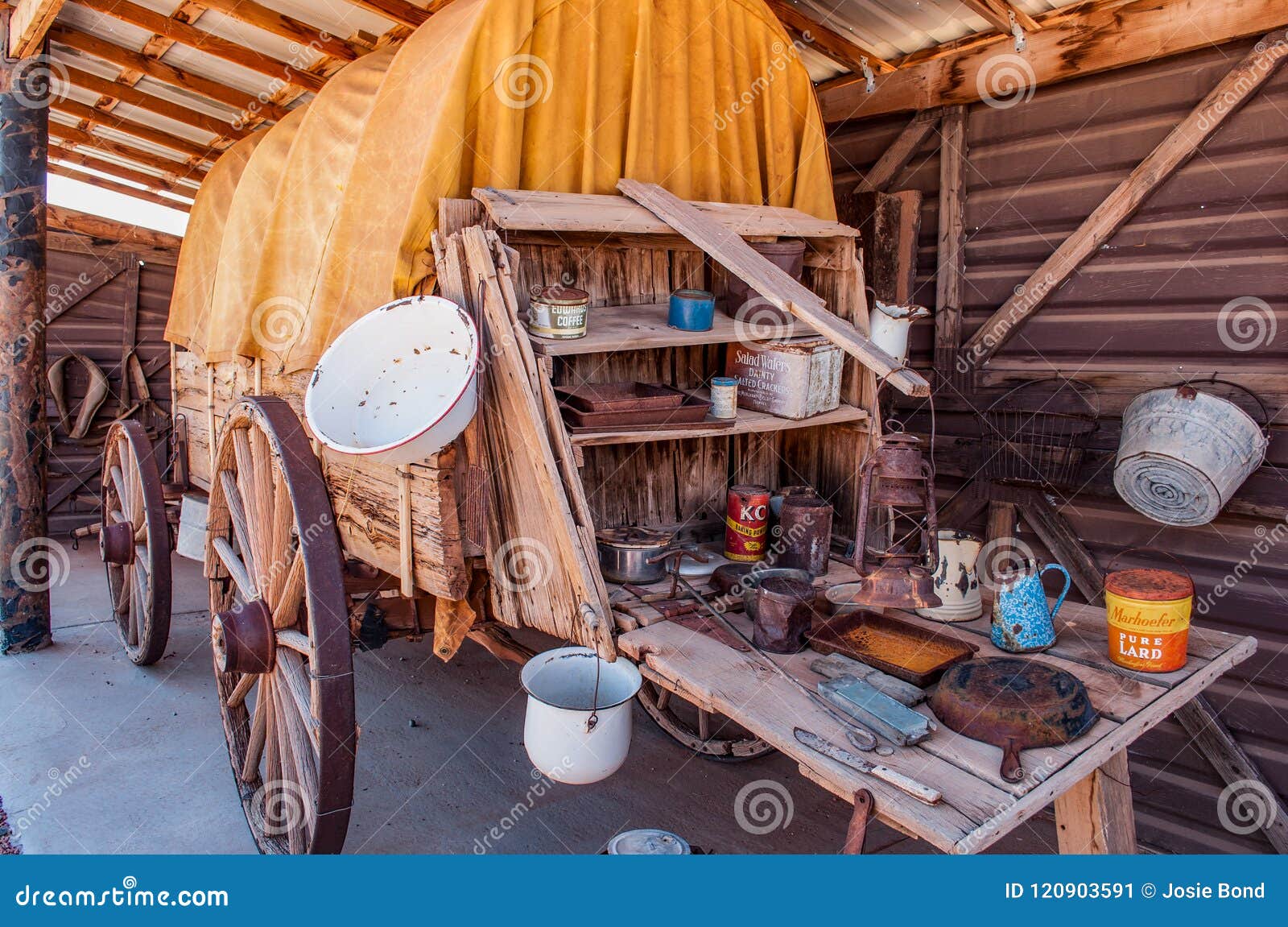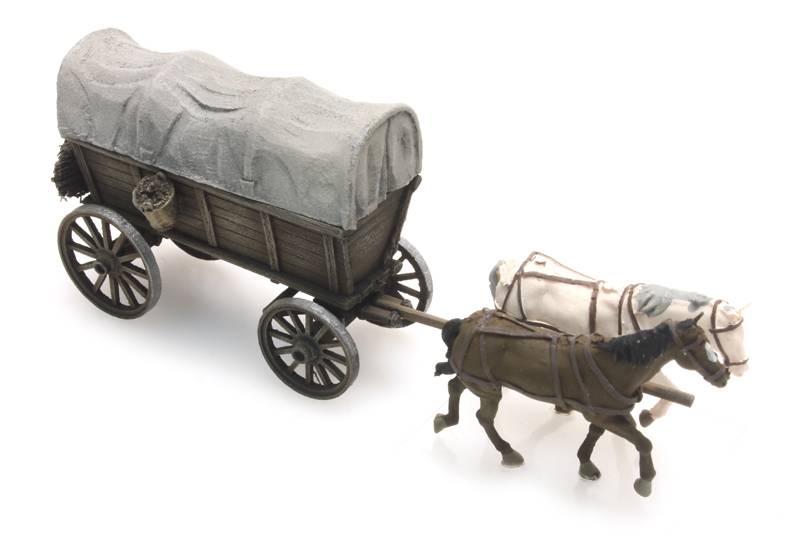So, you're looking for a wagon for supplies? Whether you're a farmer, a construction worker, or just someone who needs to transport stuff around, having the right wagon can make all the difference. Imagine this—you’re trying to move heavy equipment or tools across a rough terrain without proper gear. Sounds like a nightmare, right? That’s where supply wagons come in. They’re not just carts; they’re workhorses designed to get the job done.
Now, let’s be real here. Not all wagons are created equal. Some are built like tanks, while others might as well be made of cardboard if you’re planning on using them for anything serious. And trust me, when it comes to carrying heavy supplies, you don’t want to end up with something that’s going to break on you halfway through your project. So, we’re here to break down everything you need to know about wagons for supplies, from the basics to the nitty-gritty details.
Before we dive deep into the world of supply wagons, let’s talk about why they matter. A good wagon isn’t just about convenience—it’s about safety, efficiency, and saving your back from unnecessary strain. In this guide, we’ll cover everything from choosing the right size and material to maintenance tips that’ll keep your wagon rolling strong for years. Ready to learn more? Let’s get started!
Read also:Vanessa Hudson A Deeper Look Beyond The Controversial Search Queries
Table of Contents:
- What is a Wagon for Supplies?
- Types of Supply Wagons
- Choosing the Right Wagon
- Important Features to Look For
- Materials and Durability
- Maintenance Tips
- Cost Considerations
- Famous Brands in the Industry
- Common Mistakes to Avoid
- Final Thoughts
What is a Wagon for Supplies?
A wagon for supplies is basically a vehicle designed to transport goods, tools, or materials from one place to another. It’s like the workhorse of the transportation world, but instead of carrying people, it carries stuff. Think of it as a big, sturdy cart that’s built to handle heavy loads over various terrains.
Supply wagons come in all shapes and sizes, depending on what you need them for. Some are small and lightweight, perfect for carrying gardening tools or groceries. Others are massive beasts that can haul construction materials, farming equipment, or even livestock. The key is finding the right wagon for your specific needs.
Why Do You Need One?
Well, let’s face it. Carrying heavy stuff by hand is not only exhausting but also risky. A good wagon for supplies can save you a lot of time, energy, and potential injuries. Plus, it makes the whole process a lot more efficient. Imagine trying to lug a pile of bricks across a construction site without a wagon. Sounds like a recipe for disaster, doesn’t it?
Types of Supply Wagons
Not all supply wagons are the same. Depending on your needs, you’ll find a variety of options out there. Let’s break them down:
Garden Wagons
Garden wagons are great for people who love to spend time outdoors. They’re usually lightweight and easy to maneuver, making them perfect for transporting gardening tools, soil, and plants. Most garden wagons have two wheels and a handle for easy pulling.
Read also:Stupid In Love Max Lyrics A Deep Dive Into The Song That Stirs The Heart
Construction Wagons
Construction wagons are built to handle heavy-duty tasks. These bad boys are designed to carry bricks, concrete, and other construction materials. They often have four wheels and a sturdy frame to withstand rough terrains and heavy loads.
Farm Wagons
Farm wagons are like the workhorses of the agricultural world. They’re used to transport crops, livestock, and farming equipment. These wagons are usually large and can be pulled by tractors or horses, depending on the setup.
Each type of wagon has its own set of features and benefits, so it’s important to choose the one that best suits your needs.
Choosing the Right Wagon
Now that you know the different types of wagons, how do you choose the right one? Here are a few things to consider:
- Load Capacity: How much weight do you need to carry? Make sure the wagon you choose can handle the load without breaking down.
- Terrain: Where will you be using the wagon? If you’re dealing with rough terrain, you’ll need a wagon with sturdy wheels and a durable frame.
- Portability: Do you need a wagon that’s easy to store and transport? Some wagons fold up or disassemble for convenience.
- Budget: How much are you willing to spend? While price isn’t everything, it’s important to find a wagon that offers good value for your money.
Important Features to Look For
When shopping for a wagon for supplies, there are a few key features you should look for:
1. Wheel Quality
The wheels are arguably the most important part of any wagon. Look for wheels that are durable, easy to roll, and suitable for the terrain you’ll be using them on. Pneumatic tires are great for rough terrain, while solid rubber wheels are better for smooth surfaces.
2. Frame Material
The material used for the frame can make a big difference in the wagon’s durability and weight. Common materials include steel, aluminum, and plastic. Steel is strong but heavy, aluminum is lightweight but can be expensive, and plastic is affordable but may not be as durable.
3. Capacity
Make sure the wagon you choose can handle the weight and volume of the supplies you need to transport. Check the manufacturer’s specifications for load capacity to avoid overloading your wagon.
Materials and Durability
When it comes to wagons for supplies, durability is key. You don’t want to invest in something that’s going to fall apart after a few uses. Here’s a breakdown of the most common materials used in wagon construction:
Steel
Steel is strong and durable, making it a great choice for heavy-duty wagons. However, it’s also heavy, which can make it harder to maneuver. If you need a wagon that can handle a lot of weight, steel is a good option.
Aluminum
Aluminum is lightweight and corrosion-resistant, making it a popular choice for wagons that need to be portable. It’s also strong enough to handle heavy loads, but it tends to be more expensive than steel.
Plastic
Plastic wagons are affordable and lightweight, but they may not be as durable as metal options. They’re great for lighter loads and indoor use, but they might not hold up well in harsh conditions.
Maintenance Tips
Even the best wagon for supplies won’t last long if you don’t take care of it. Here are a few maintenance tips to keep your wagon in top condition:
- Regularly check the wheels for wear and tear, and replace them if necessary.
- Clean the wagon after each use to prevent dirt and debris from building up.
- Lubricate moving parts like axles and hinges to ensure smooth operation.
- Store the wagon in a dry place to prevent rust and corrosion.
Cost Considerations
How much should you expect to spend on a wagon for supplies? Prices can vary widely depending on the type, size, and materials used. Here’s a rough breakdown:
Entry-Level Wagons
These are usually made of plastic or lightweight metals and are great for light-duty tasks. Prices typically range from $20 to $100.
Mid-Range Wagons
Mid-range wagons are often made of aluminum or steel and are suitable for heavier loads. Prices range from $100 to $300.
Premium Wagons
Premium wagons are built for heavy-duty use and often come with advanced features like reinforced frames and pneumatic tires. Prices can range from $300 to $1,000 or more.
Famous Brands in the Industry
If you’re looking for a reliable wagon for supplies, here are a few brands worth considering:
- Red Flyer: Known for their classic red wagons, Red Flyer offers a range of durable and affordable options.
- Earthway Products: Specializing in garden wagons, Earthway Products offers high-quality options for outdoor enthusiasts.
- Farm Wagon: As the name suggests, Farm Wagon specializes in wagons designed for agricultural use, with a focus on durability and functionality.
Common Mistakes to Avoid
Even the best-laid plans can go awry if you’re not careful. Here are a few common mistakes to avoid when choosing a wagon for supplies:
- Ignoring Load Capacity: Overloading your wagon can lead to damage and safety issues. Always check the manufacturer’s specifications.
- Underestimating Terrain: Make sure the wagon you choose is suitable for the terrain you’ll be using it on.
- Skipping Maintenance: Regular maintenance is key to extending the life of your wagon. Don’t neglect it!
Final Thoughts
So there you have it—your ultimate guide to choosing the right wagon for supplies. Whether you’re a farmer, a construction worker, or just someone who needs to transport stuff around, having the right wagon can make all the difference. Remember to consider factors like load capacity, terrain, and material when making your decision, and don’t forget to take care of your wagon with regular maintenance.
Now that you know what to look for, it’s time to find the perfect wagon for your needs. Don’t be afraid to shop around and compare options until you find the one that’s right for you. And if you have any questions or comments, feel free to drop them below. Happy shopping!


